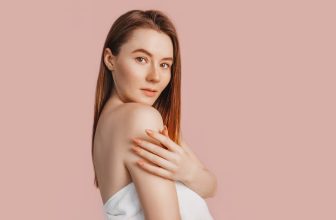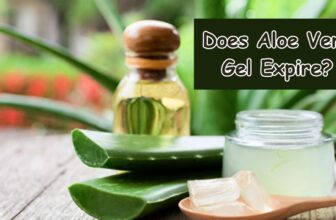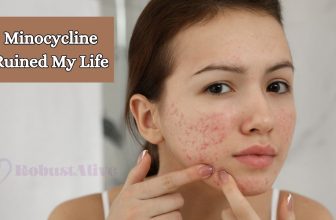The 3 Inexpensive Anti-Aging Tips To Protect Your Skin From Aging
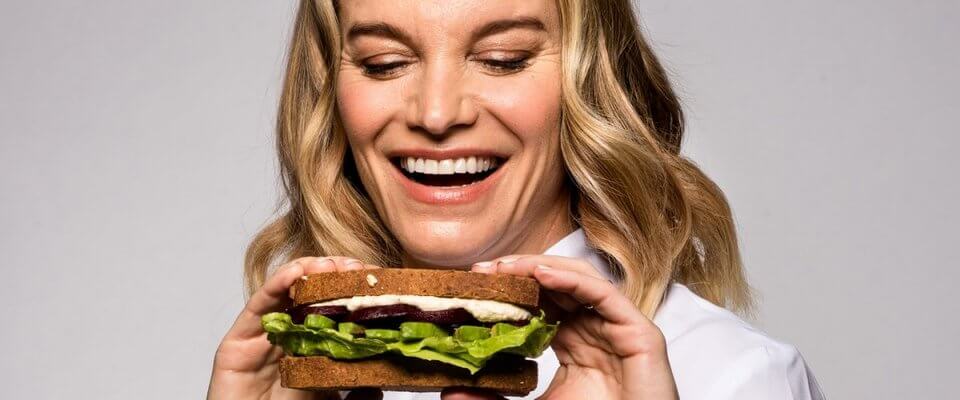
Are you an avid user of the best anti-aging skincare and sun-avoider? We think it’s worth using anti-aging products, but we rarely try to prevent the first signs of wrinkles. For sure, aging is natural. But you can slow it down by implementing these three anti-aging tips into your daily routine.
Breath Of Fresh Air
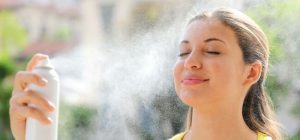
The drying effect of air-con on your skin is like taking five transatlantic flights a week if you fail to go outside during the day. Drier skin ages faster than well-hydrated skin, as it is less nourished and more prone to wrinkles and irritation. It is not that you would sit at your desk in sheet masks, spritzing Chanel Hydramist, but there are other antidotes.
Keep three kinds of water next to your keyboard. A thermal water spray to boost your skin without affecting your make-up, a two-liter glass bottle to drink from, and a bowl of water by your keyboard. It may sound odd. But it will help humidify the air in the same way as an expensive humidifier, without the noise, price tag, or funny looks from your colleagues.
V Is For Vitamins
Getting outside is essential for vitamin D. As your body’s largest organ, the skin needs a range of vitamins to function properly, but D is what specifically helps reduce wrinkles. Collagen and elastin are the skin’s natural fillers, but they deplete as we get older.
So we are tempted to resort to injectable kind. Thankfully, vitamin D stimulates the production of both. Plus, it lifts your mood! Just 30 minutes a day with your face and forearms in the sun will keep your levels topped up.
But if there is a meeting and you just can’t get out, take Vitamin D3 with milk for the best results. Here is the role of the vitamins, minerals and antioxidants for skin.
|
Youth-boosting vitamins and minerals |
What it does to your skin |
Sources |
| Vitamin A | Helps rebuild and regulate skin cells | Liver, cheese and oily fish |
| Vitamin B | Aids circulation and oxygen absorption | Eggs, nuts, tomatoes, brown rice, broccoli and carrots |
| Vitamin C | Stimulates the production of collagen | Broccoli, cauliflower, strawberries and potatoes |
| Vitamin D | Stimulates skin’s elasticity and reduces wrinkles | Sunlight! |
| Vitamin E | Helps fight free radicals | Olives, sunflower seeds, peanuts and almonds |
| Antioxidants | Minimise free radical damages | Blueberries, onion, acai and goji berries |
| Zinc | Helps with cell repair and protein production | Whole grains, red and white meat, shellfish and milk |
| Protein | Boosts collagen and elastin production of skin and hair | Chicken breast or turkey, cottage cheese, tofu |
You Are, What You Eat
Asking a colleague to grab you a sandwich and gulping it down while typing/talking/prepping for a meeting doesn’t cut it. Besides, you will probably crave something sweet mid-afternoon to perk you up after the carb-laden fast food.
This isn’t just potentially damaging to your dress size; eating quickly holds up digestion, making you feel sluggish, and nutrients won’t reach your skin. This means no bonus antioxidants to fight free radical damage or anti-aging vitamin boost.
Now consider what you’re eating: portable, easy lunches tend to be wheat-and-dairy-based sandwiches, pasta, and prepared salads. These are ‘dead’ foods, difficult to break down, and mostly devoid of nutrients. Your face wants vitamin-rich, protein and fatty-acid-laden meals, not carb and sugar-heavy choices.
In an ideal world, you got to make your own sandwich from dense wholegrain bread and antioxidant-rich, brightly colored vegetables. The best salad is dark green and protein-rich with turkey or chicken. This keeps insulin levels low (insulin is a known age accelerant) and stops sugar cravings. Snack on carrots and pecan nuts – the mixture of vitamin E, antioxidants, and good fats help skin regenerate. Blueberries have high levels of vitamin C for collagen production.
Related Reading:


